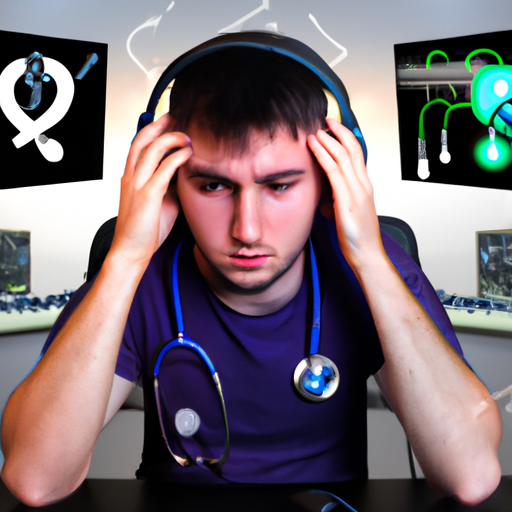The Impact of Esports on Mental Health
The 21st century has given rise to a remarkable entertainment and sports phenomenon: Esports, or competitive, highly organized video gaming. With millions of global spectators, substantial prize funds, and professional gamers, Esports has gained enormous popularity and shows no signs of slowing. In this article, we will delve into the impacts of Esports on mental health, discussing both positive and negative aspects, as well as strategies to maintain a balanced lifestyle while participating in Esports.
The Growth of Esports
The development of Esports represents a significant cultural shift. The fusion of technology, entertainment, and sports has created a popular and engaging platform that appeals to a global audience.
The Impacts of Esports on Mental Health
Participation in Esports can have both positive and negative impacts on a player's mental health. Numerous studies and expert opinions outline a range of potential effects.
Positive impacts
Research shows esports can have numerous benefits for mental health. For example, they can lead to improvements in cognitive skills such as strategic thinking, coordination, and memory. This is mainly because competitive video games often require players to think critically and make quick decisions.
Esports also provide ample opportunity for social interaction, leading to improved social connections and potentially boosted self-esteem. Especially for individuals who struggle with traditional social settings, Esports can offer an alternative platform for interaction and community-building.
Negative impacts
While Esports offer numerous benefits, the potential risks cannot be ignored. Increased stress, anxiety, and gaming addiction are among the potential negative impacts reported.
Esports competitions often involve high stakes, both in terms of career and reputation, which may potentially lead to heightened stress and anxiety. Esports players often report feeling pressured to perform at their peak, leading to excessive practice sessions and increasing the risk of gaming addiction.
Striking a Healthy Balance
Maintaining a balanced lifestyle while participating in Esports is crucial. Regular physical activity, healthier dietary choices, sufficient sleep, and mindfulness practices can counteract the negative impacts of prolonged gaming.
Additionally, maintaining a strong social support network offline is crucial to combat feelings of isolation or disconnection that may come from excessive gaming.
Finally, it's important to seek professional help if feelings of stress, anxiety, or signs of gaming addiction persist.
Conclusion
Understanding the potential effects of Esports on mental health is important for players, parents, coaches, and the wider community. While participation in Esports offers numerous benefits, it does come with potential challenges which need to be recognized and navigated carefully.


















Comments
Leave a Comment